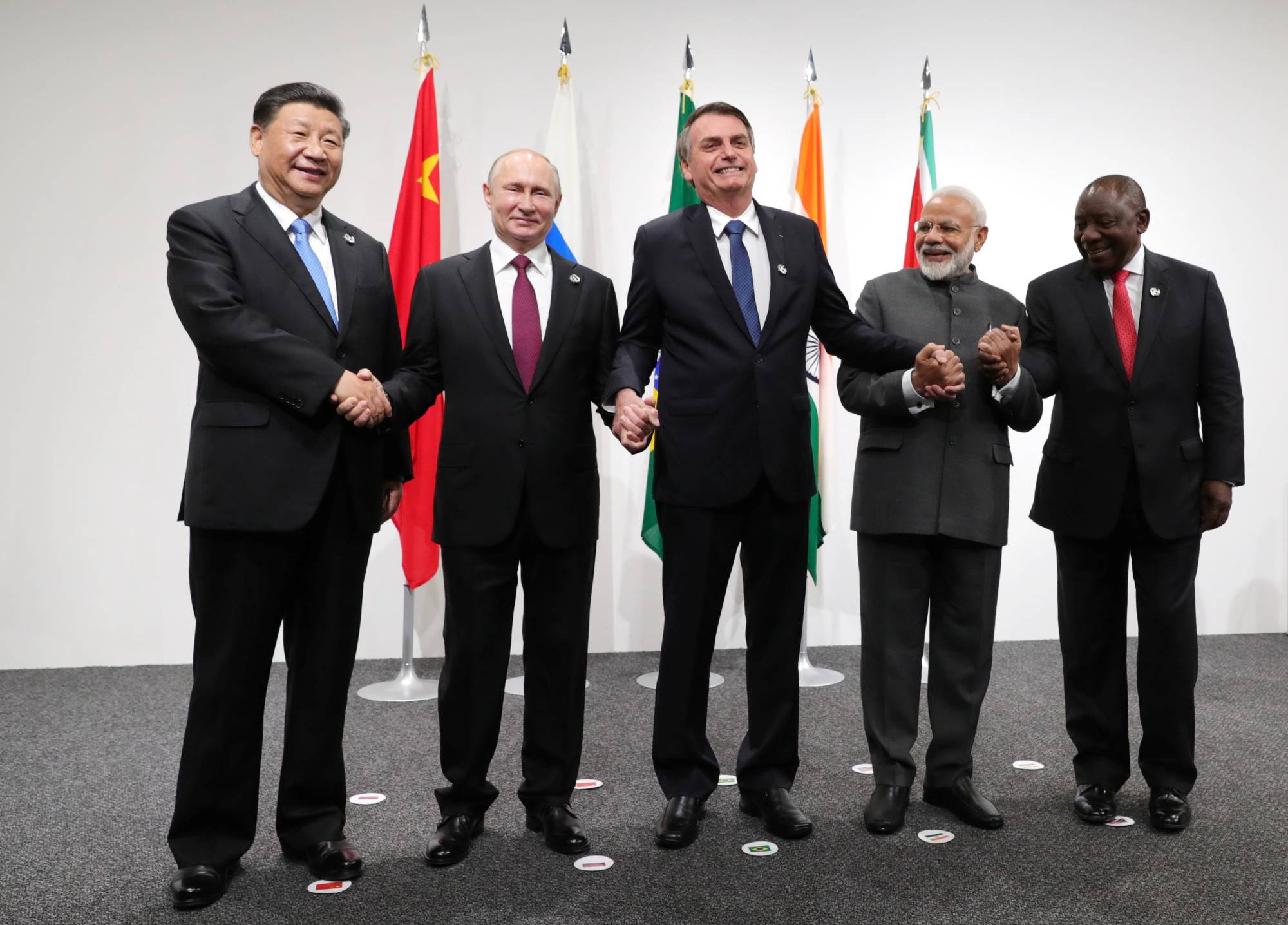The recent virtual BRICS summit, which brought together the heads of state and government of Brazil, Russia, India, China and South Africa, was interesting as much for what did not happen as for what did.
The two-day gathering was marked by some constructive discussion but also platitudes and pablum, and concluded with a grandly titled but thoroughly anodyne “Beijing Declaration.”
Few doubt the huge potential of the BRICS, which comprises the world’s two most populous countries (China and India), a former superpower (Russia), and two of the biggest economies in Latin America and Africa. But the grouping’s record since the first annual BRIC meeting in 2009 (South Africa joined the bloc the following year) has mostly been a story of lofty rhetoric and chronic underachievement.

















With your current subscription plan you can comment on stories. However, before writing your first comment, please create a display name in the Profile section of your subscriber account page.